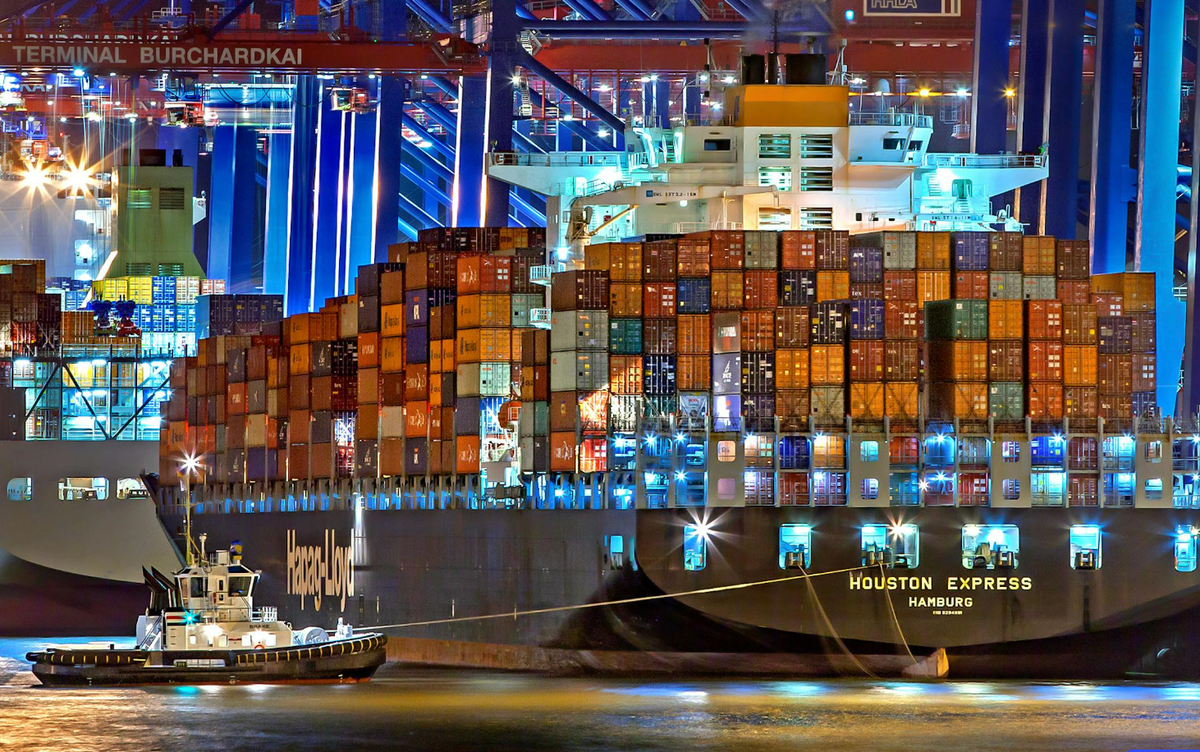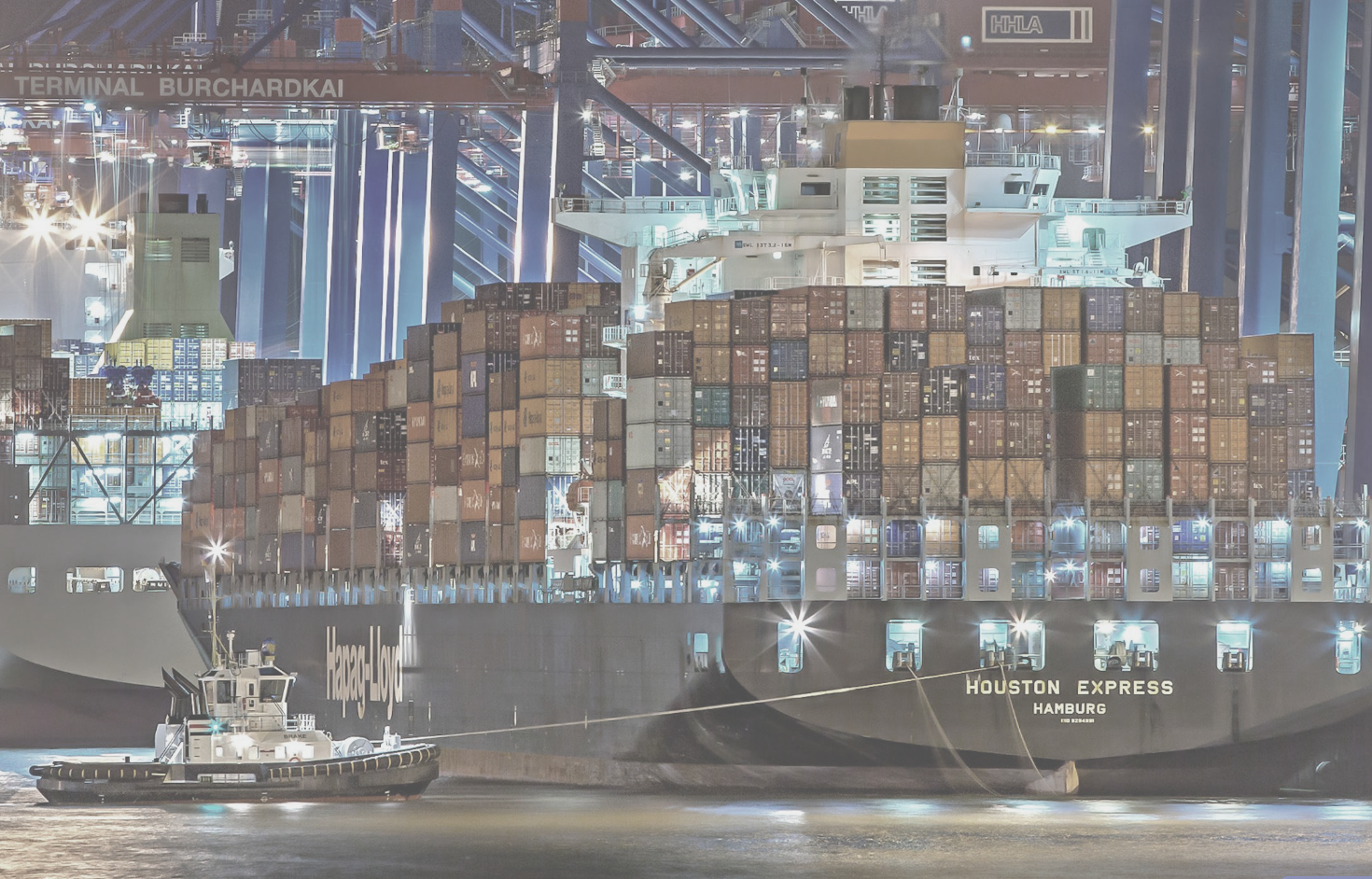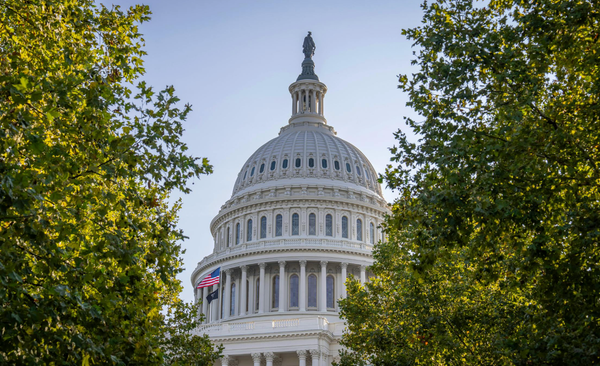The Trade War makes Losers of Most of Us. Blame Horse-race politics.

Americans demand instant gratification from food, from internet speeds, from friend group texts, and often from their politics. The nature of how reporters keep their eyes glued to stock tickers and how politicians can draft up immigrant-blaming statements rewards this short attention span and feeds the need for rapidfire justification of policy choices. This obsession with quickly visible results has allowed Donald Trump, Elon Musk and their associated cronies to game the system on tariffs and trade.
Newspapers, pundits and social media observers love to track Trump's social and political foibles and changes in fortune. They've done it since he was simply an also-ran candidate during the 2016 campaign cycle preceding his first administration. Fact-checking was a matter of getting something interesting to print, publish or run on a website instead of having consequential policy matters sketched, inked and signed. By the time that changes that lost unaccompanied minor children had been enacted, the public and any opposition politicians could only react instead of prepare in advance to fight Trump's policies.

The fascination with horse-race politics has more or less conditioned Americans to expect winning and losing results to be instantly visible.
We're not in an election year here in 2025, but the habit of seeing if Trump wins, loses or fights to a draw in getting what he wants has stuck.This longstanding media obsession with Trump's victory and defeats on a superficial level will be significantly smaller than the losses taken by the American and global economies in the long run. The fascination with horse-race politics has more or less conditioned Americans to expect winning and losing results to be instantly visible.
Unfortunately, trade is not instantaneously time-sensitive. The pain has yet to sink in.
I walked through the aisles of some Asian grocery stores this week to buy some staples: rice, canned items, spices and other cooking staples. Though prices of some goods had already gone up, nothing had yet reflected the tariffs of over 145% imposed on all Chinese imports. Those shipments may be coming this weekend or are sitting on ships at saltwater ports. However, the reckless nature of how Trump's Commerce Department will bargain on Chinese tariffs makes it unlikely that he lowers rates by a single percentage point, barring major changes.
Uncertainty is also a big problem for how businesses operate. When stores place orders for shipments of goods, they need time in advance to make sure wholesale suppliers can send them what they need. So it's far more likely that people realize weeks from now that their beach gear is going to be incredibly expensive, their kids' school supplies will break the bank, and that Halloween and Christmas decorations won't be doable this year.
For smaller businesses like stationer Pencil and Paper, tariff notifications can sometimes only arrive after they've stocked, sold and lost money on products already imported and inventoried. They recently explained on Instagram:
With items designed in Paris and made in China, we’ve typically paid $100-$200 in tariffs & import fees each time we’ve placed a large order. This time was different.
Items sold for 5 weeks before we knew their true cost. By the time we received the bill for tariffs & brokerage fees (non-negotiable and non-transparent fees we are forced to pay the shipping companies) we had sold many of these items at a loss due to their cost being impacted by these tariffs.
I don't know how many businesses can survive seeing this type of change in operating as a regular occurrence. And there's nothing really stopping Trump from making this type of tariff change a regular occurance.
Politicians who could be using this time to outline the problems of these immense changes do not choose to warn us. Why would they? It gains them nothing electorally and doesn't appeal to donors. Instead, we have instances like Senator Elissa Slotkin introducing legislation to ban the sale of Chinese-manufactured cars in the United States, fighting a threat that doesn't presently exist.
At the end of the day, the instant gratification focused nature of American politics will overlook the trend that dissidents within the country have slowly come to realize: that the United States is its own biggest national security threat. Each week that economic exploitation is enabled and the labor market is intentionally throttled is a week that will make most of our pocketbooks weaker, snowballing until it's impossible to ignore. Instant or not, the pain appears here to stay.



